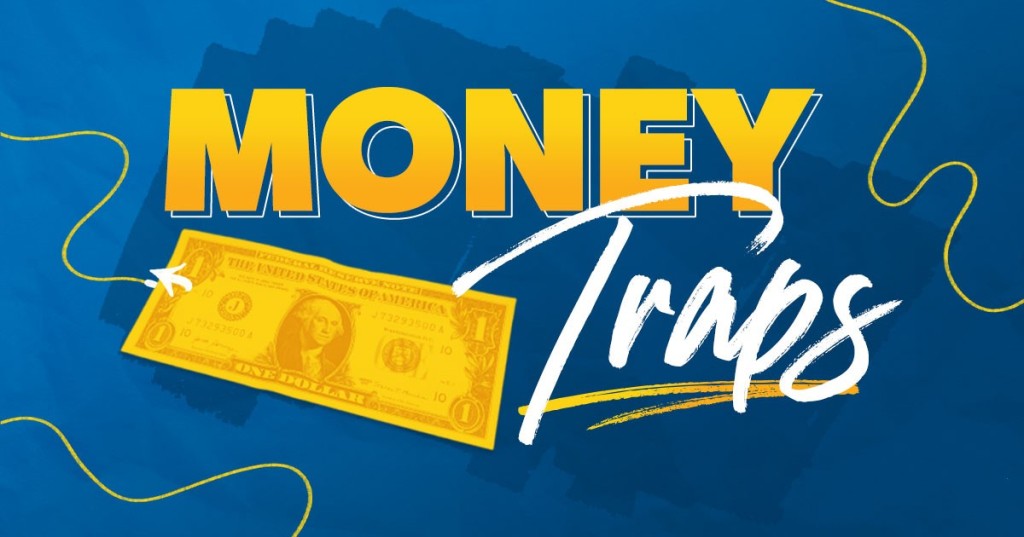
As a frugal minimalist I am always looking for ways to save money and remain debt free. Here are some common money traps to avoid.
Not Having an Emergency Fund
An emergency fund is an easily accessible bank account that can be used for emergencies such as a job loss, home repairs, auto repairs, medical bills and other unexpected expenses. Ideally, an emergency fund should have enough money in it to cover at least 6 months of expenses. But I recommend 12 months. Having 12 months set aside provides much more financial security. And once you start saving for your emergency fund, just keep adding money until you reach a level you are comfortable with.
Put your money in an interest-bearing savings or money market account.
Setup an automatic transfer from your checking account to your emergency fund account.
Timeshares
A timeshare is a vacation property that is split into shares between owners. These are big money traps. You have a limited amount of time each year to spend at the property. Not only do you pay for the time share you also pay yearly maintenance fees. Most timeshare agreements are indefinite contracts, meaning you are required to pay the maintenance fee forever, which is a big financial burden, and the fees often increase yearly. You are also stuck visiting the same location instead of having the flexibility to go where you like.
Timeshares are almost impossible to sell, and they rarely increase in value. Often you lose money on a timeshare and the initial cost is frequently marked up to cover sales and marketing expenses.
Instead of investing in a time share start a vacation savings fund.
Payday Loans
Payday loans are never a good idea. These loans charge a very high interest rate. Most companies that offer these are not reputable. The payments are often far more than the borrower can afford to pay so you can fall into debt. If you fail to make payments the account may be turned over to a collection agency which can damage your credit.
Instead of a payday loan create a budget and learn how to live within your means. See my post here 6 Tips for Living Below your Means
And setup an emergency fund so when an unexpected expense happens you will be prepared.
Credit Cards
Credit cards are a great tool, they can help to increase your credit score and earn cash back and reward points. But if you fail to pay the full balance each month you will be charged interest which can really add up. Failure to pay the total amount each month can also send you into debt and destroy your credit. Charge only what you can afford to pay back in full. Look for a card that has no annual fee and offers cash back and reward points for every transaction.
Buy Now, Pay Later
My rule is that if I cannot afford to pay for it, I don’t buy it. These plans may charge interest, so you end up paying more for the item which is a huge waste of money. Even if they offer zero interest, they may charge late fees. According to Credit Karma, 34% of consumers who used BNPL services fell behind on one or more payments. If you want something save until you can afford to buy it.
As a minimalist I know I can live with less. I feel comfortable in the fact that I own only what I need. Overspending on items that we can live without leads to debt and overspending.
Not Saving for Retirement
If your employer offers a retirement plan sign up, most offer a contribution match between 2%-6%. Contribute the maximum amount so you are taking full advantage of the match. This is free money. If your employer does not offer a plan set one up for yourself. Charles Schwab, Fidelity and Vanguard are all good choices.